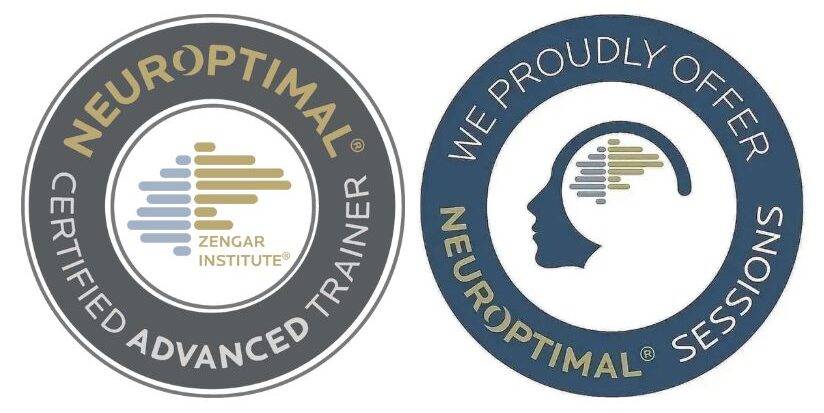Background
This success story follows a young woman in her twenties who sustained an asphyxiation injury that left her bed-bound. Her life had changed dramatically, and daily function was extremely limited. Her mother, searching for anything that could offer support, came across the option of at-home Neurofeedback. Because travel to an office wasn’t possible, the ability to access neurofeedback from home felt like a valuable opportunity to provide some form of care, comfort, and potential progress.
Her Journey and Results
Her family rented a Neurofeedback system to use in her bedroom for 12 Weeks, integrating sessions into her daily routine gently and consistently.
Over time, she showed noticeable improvements in memory which was a significant shift given the extent of her injury.
She also seemed more at ease and her quality of life improved in small but meaningful ways.
For someone who could not leave home, the system became an invaluable support and a way to gently engage her brain and body without adding stress or disruption.
Whole Household Impact
These improvements, though modest, brought moments of hope and relief to the family. For her parents, seeing even slight changes brought joy and reassurance that they were doing something supportive. The increased comfort she experienced also made the emotional weight of the situation a little easier to carry.
Conclusion
This case highlights how Neurofeedback can be a gentle, accessible option for individuals recovering from severe injury or living with physical limitations. In this situation, the at-home Neurofeedback system offered vital cognitive support and emotional ease where few other tools were available. It brought meaningful moments of progress and comfort, not just for the young woman, but for the entire family walking this journey alongside her.


